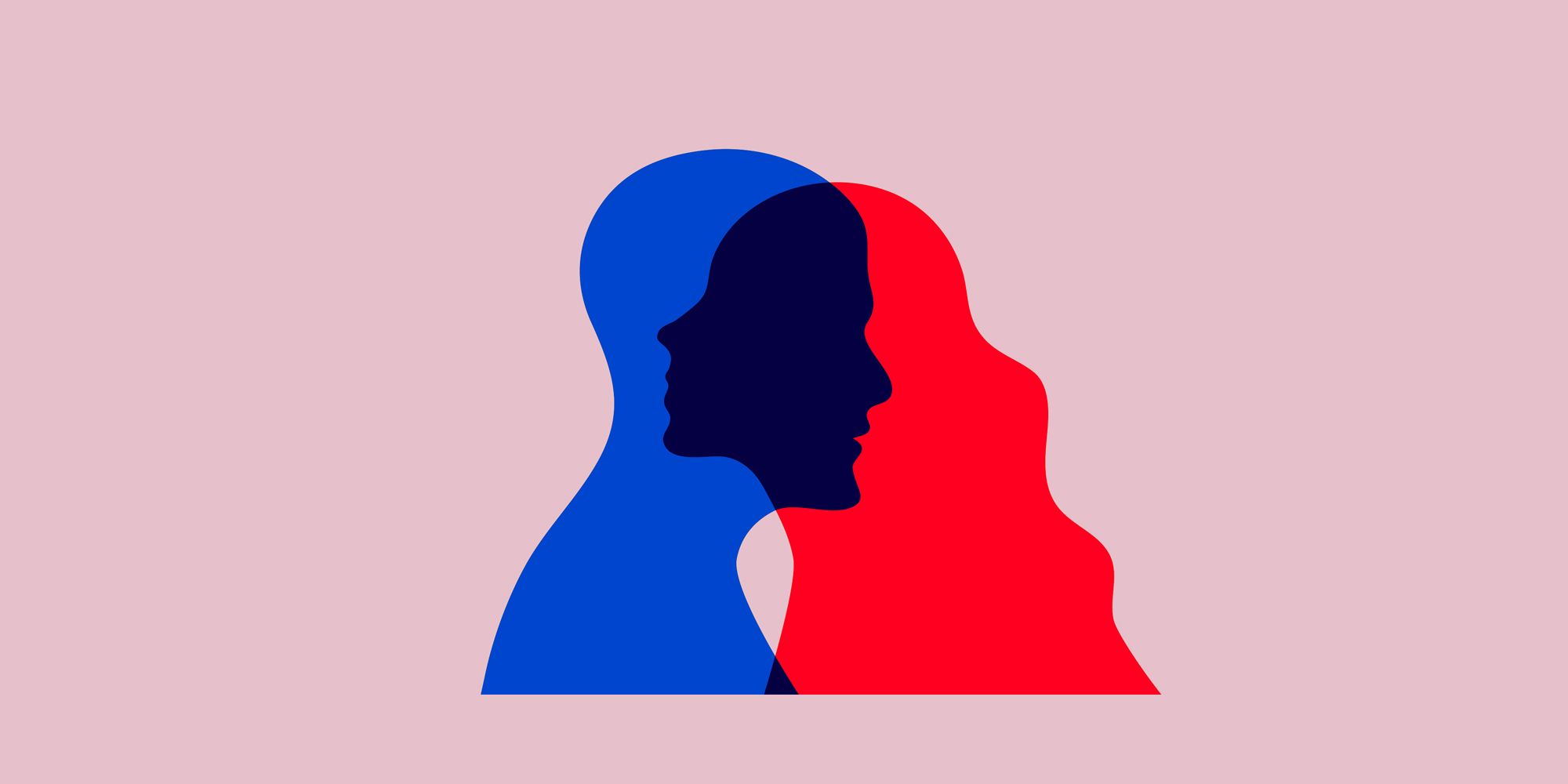Heterosexuality in Istanbul/Turkey.
Everywhere, heterosexuality is a norm that makes all other types of relationships invisible in its wake.
On the plane that took us from Lyon to Istanbul, we sat down, my girlfriend and I, next to a woman with whom we began to discuss our jobs, where we lived. When she asked us if we were married, T and I understood that she did not mean “married together”, but “married to a man”. “No,” we said, then she replied that we were pretty, that it would come, that we were still young. We laughed a little, afterwards, about our relationship which was not even a possibility for this woman yet obviously filled with good intentions. All over the world, heterosexuality is a norm that makes all other types of relationships invisible in its wake.
It was my first time in Istanbul, and I was caught up in the country knowing that the few days I spent there were far from enough to claim an in-depth knowledge of the place. Istanbul is huge, complex, full of contradictions. She has an abyssal story that I only know in bits and pieces. I loved everything there: the landscapes, the raki, the corba soup, all the excuses that everyone found to offer us tea. We spent a few days in Cappadocia, admiring the rock formations, the cathedrals were carved out of the rock, then we arrived in Istanbul. On June 26, we wanted to go to the Pride Parade. For 20 years, the parade took place, but since the arrival of the current president, the living conditions of LGBTQ2S+ people have deteriorated. There are reports of violence, intimidation, and a growing sense of insecurity. Since 2014, Pride has been cancelled. Hatred towards queer people takes different forms. For example, in 2020, Netflix canceled the production of a local series because the government demanded that a gay character be removed from the script. However, same-sex relationships were legalized in 1858 during the Ottoman Empire…
People were going to meet despite the ban, we had heard. We walked, on the lookout, in the streets of Beyoğlu, but very quickly, the situation seemed to me to become anxiety-provoking: at each street corner was a procession of policemen, who each time seemed more and more armed. . Some streets were blocked, we couldn’t find our way, we were forbidden to pass with a threatening look. It was a bad omen. Eventually we found our way out of the roadblocks and escaped by taking a ferry across the Marmara to the Asian side of town. There, I petted cats and watched in horror as Pride was outlawed within minutes and the mass arrests: between 200 and 300 people, sources said. People had gone out, had asserted the legitimacy of their existence, had been snubbed, and I thought of their courage, I who had not dared to walk with them, despite my luck in having a passport that would protect me from many things, the worst eventuality.
In the city, on the day of Pride, in the flower boxes of many houses, small plastic windmills were planted. They were multicolored, in the colors of diversity of gender and sexual orientation. In this discreet, but tangible gesture, I saw a demonstration of solidarity that gave me hope. The city found a way to show its solidarity with its children with fragile poetry. It was both a little and a lot.



